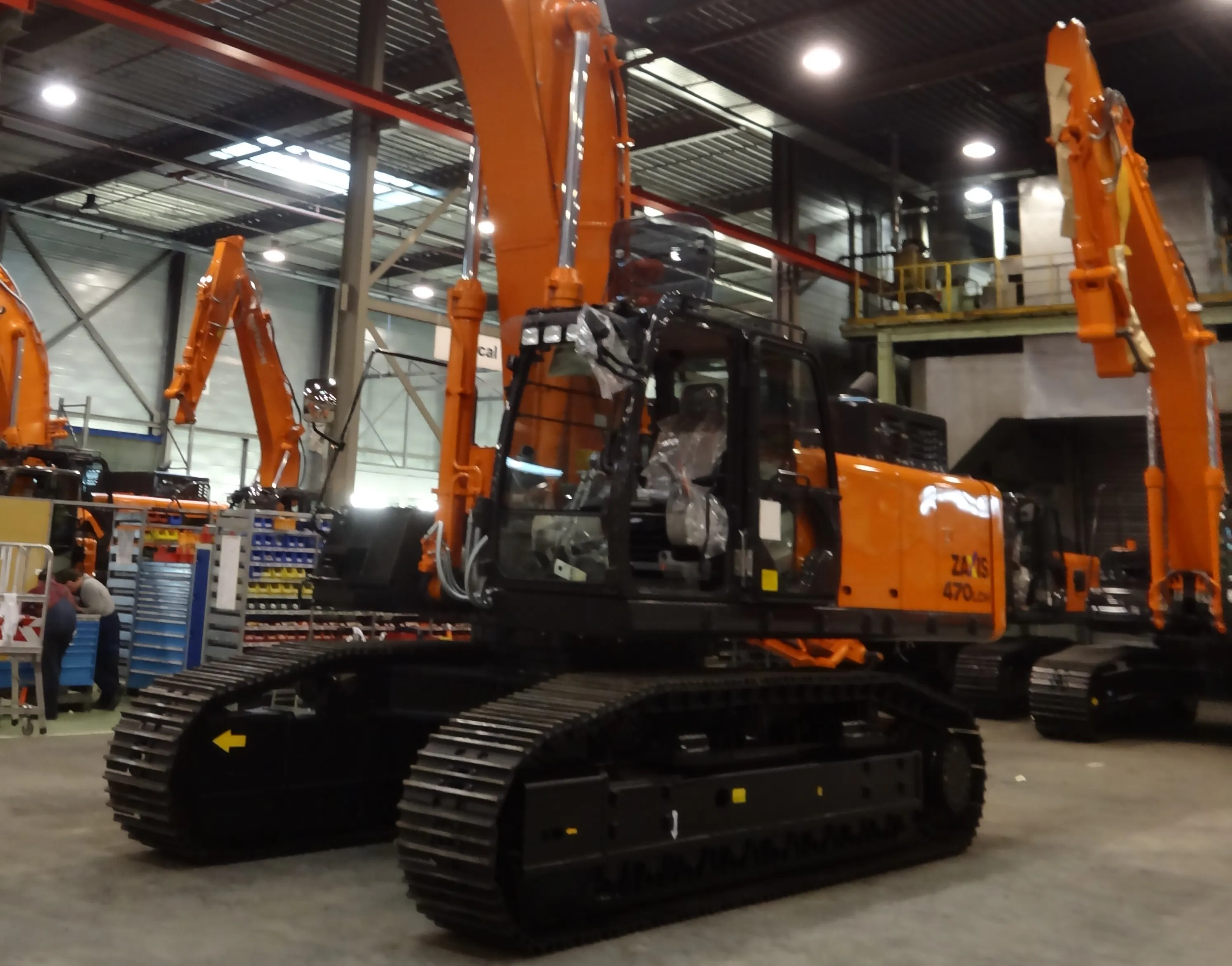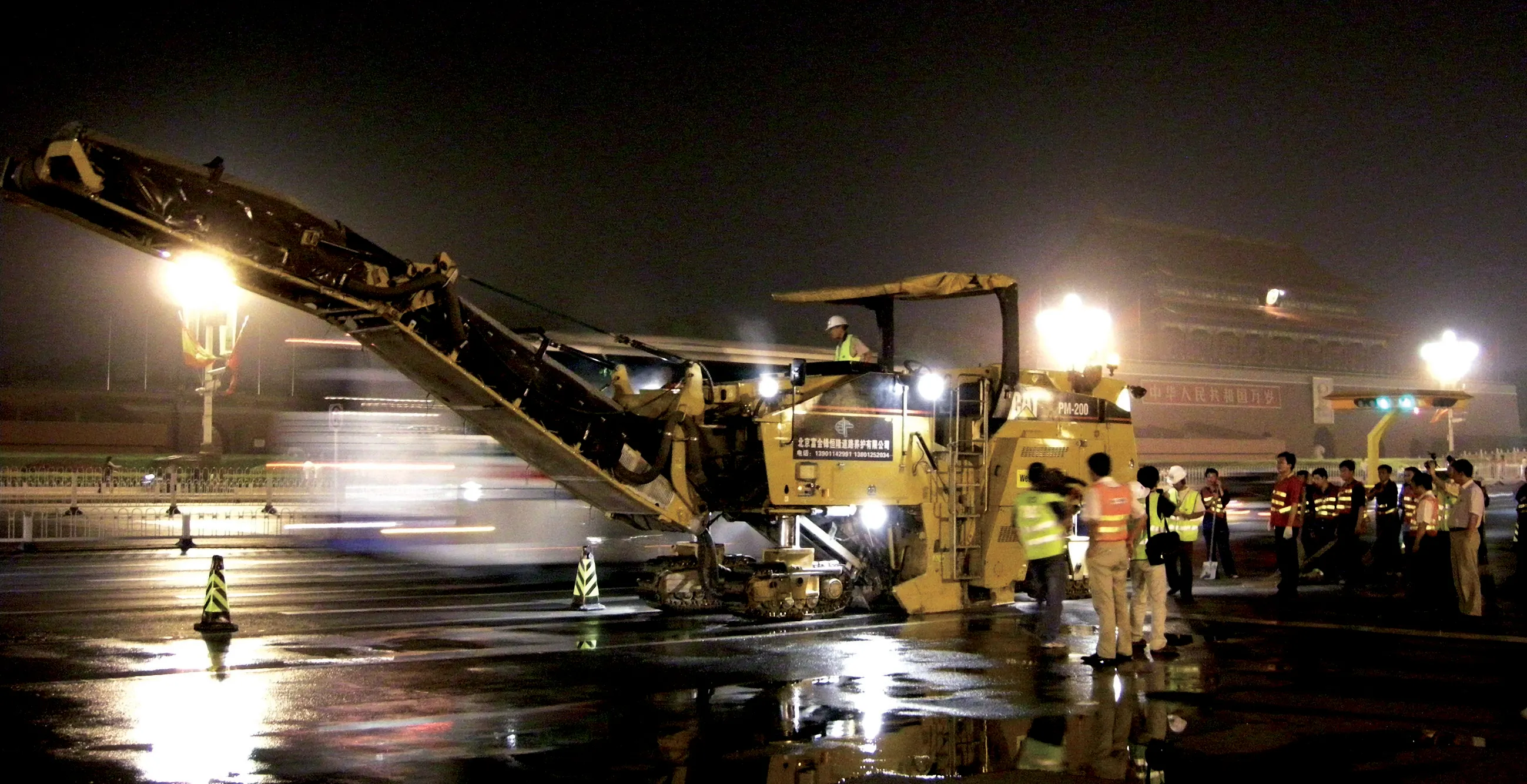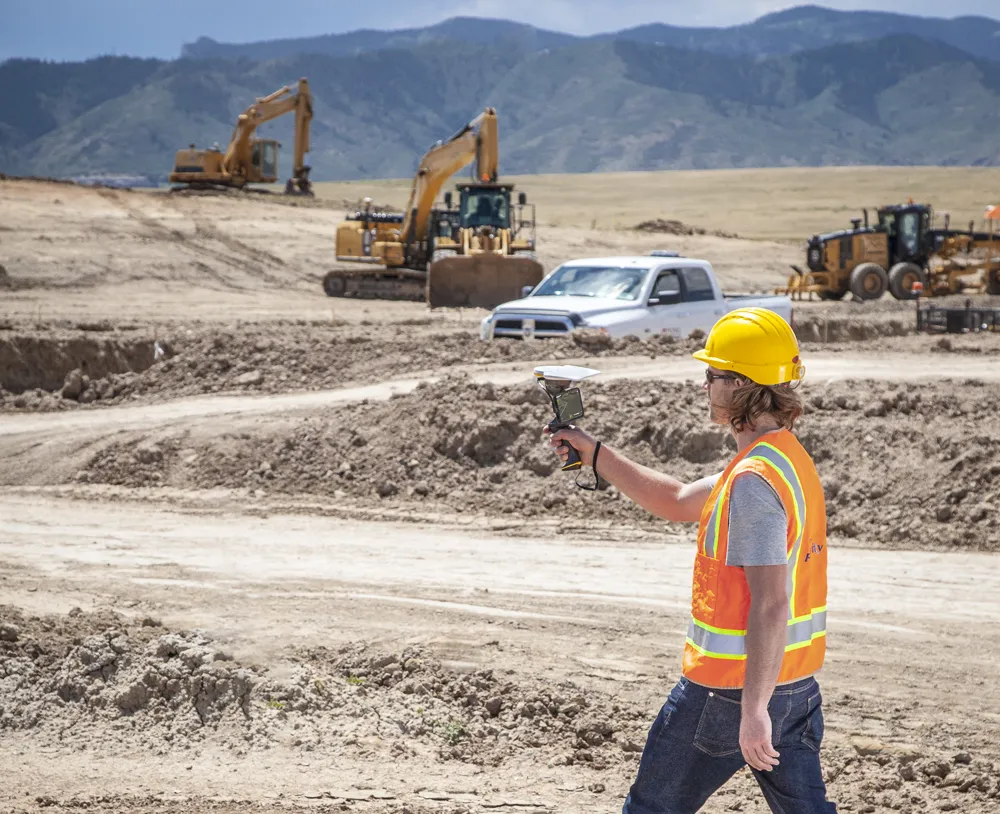
Hitachi CME intends to concentrate on production in its Amsterdam factory. The management of Hitachi Construction Machinery Europe (HCME) plans to move the production and assembly activities currently taking place in Oosterhout to the existing HCME production location in Amsterdam. In the Netherlands, HCME will focus on producing customised machines, in order to better meet the increasing demand from its dealers across Europe. Meanwhile, the production and assembly of standard machines will be left to the factories in Japan. The consultation process with the Works Council and the discussions with the trade unions for this proposed relocation have now started.
HCME expects to complete these discussions after the summer. This transition will take several months, and the company aims its completion in December 2021. When the plan goes ahead, possibly 115 jobs may get lost in the course of 2021. The company is currently prioritising support for its employees. The content of a social plan will be discussed with the unions, although redundancies cannot be ruled out.
In order to guarantee the continuity of the company in the longer term and safeguard employment, the business model has been revised. HCME will offer the dealers more customised solutions for the Hitachi machinery. This is something all dealers throughout Europe request from HCME.
The firm sees a growing demand for these tailor-made machines. However, from then on, the standard machines for distribution in Europe will mainly be produced in Japan. Additionally, investments will be made in innovations in the areas like service, parts, training and lease/rental. It is expected that these changes will enable HCME to respond to the demand of the European market in a more customer oriented and efficient manner. The move comes in response to the present tough market conditions, with Hitachi looking








